Motorists want to be part of the solution to the UK’s air quality problems with an increasing number concerned about emissions and a majority wanting bolder action to be taken, according to the RAC Report on Motoring 2016.
A clear majority (66%) of more than 1,700 motorists surveyed this year said they want stronger action to be taken to reduce vehicle pollution in areas where air quality is poorest with drivers aged 65 and over most in favour of stricter action (78% wanting action, compared to an average of 64% among other age groups). Less than one in 10 drivers (9%) did not think more action was needed.
On November 2 the High Court ruled against the Government over its published plans for tackling poor air quality. The decision means ministers must now come up with further proposals.
When it comes to what action is taken, motorists are supportive of both charges for the dirtiest vehicles entering polluted areas (55% agree, against 20% who disagree) and bans on vehicles entering the most polluted areas (55% agree, against 18% who disagree). And it is motorists who live in towns and cities – who are most likely to be impacted by any future charges or bans – that are most in favour of such action (with 57% of this group supportive of charges, 60% supportive of bans).
More than half of all drivers (57%) also said they were keen on charges being levied on diesel vehicles that do not comply with the latest Euro 6 emission standards when entering city and town centres where air quality is poor and. A significant minority (42%) also said they supported charges for all diesel vehicles entering areas with the poorest air quality, though 30% oppose this.
More broadly, concern about local air quality is growing, the research suggests. Four in 10 (41%) motorists surveyed said they were more concerned about air quality in their local area than 12 months ago, against 24% who were not, rising to 51% of those aged 17 to 24 years old. The highest level of concern again came from those motorists most likely to be personally affected by steps to tackle air quality – those that live in urban areas (52% stated they were more concerned than a year ago).
RAC chief engineer David Bizley said: “Our research indicates motorists, who are sometimes seen as the enemy when it comes to air quality, actually want to see more done to improve poor air quality that is blighting some local areas – suggesting they want to be part of the solution themselves. But we need a considered and consistent approach to tackling the problem.
“Today’s vehicles are the cleanest ever and even the latest diesels, which have come under the spotlight over the last 12 months, emit a tiny fraction of the nitrogen dioxide and particulates compared to previous generations of diesel vehicles. But we are concerned that some of the incentives to encourage motorists to make the switch from older, less efficient vehicles are fading away.
“The plug-in grant scheme, which has already encouraged the uptake of over 50,000 vehicles since 2011 is a welcome short-term solution but may come to an end in March 2018. And changes to Vehicle Excise Duty from next spring will mean the annual tax benefit of opting for all but a zero emissions vehicle are removed after the first year of ownership, as motorists will pay the same amount to tax an ultra-low emission city car as the largest and least-efficient sports utility vehicles.
"And anyone purchasing a new car with a list price of over £40,000, including zero-emission and plug-in hybrid vehicles, will have to pay an annual £310 supplementary tax for the first five years of ownership.
“There has never been a better time for the Government to set out its long-term approach to incentivise the transition to lower emission, cleaner vehicles. The establishment of Clean Air Zones, which rightly focus on some of the most polluting types of vehicles including buses, taxis and HGVs, can play a part in tackling poor air quality locally but on its own it is not enough.
“Local authorities can potentially do more to help too – for instance by notifying motorists and residents when air quality is particularly bad so as to encourage them to seek alternative travel options. Local authorities should also investigate the extent to which idling engines and poor traffic flow are contributing to poor local air quality, and where appropriate tackle the associated congestion problems.
“It is important that local authorities which decide to implement Clean Air Zones allow local residents and businesses sufficient time to switch from polluting vehicles to something cleaner. Many of the purchasers of small diesel vehicles in recent years have done so because of their fuel efficiency and low carbon dioxide emissions. It would be unreasonable to penalise the owners of such vehicles by imposing charges with little notice and without regard for how frequently the vehicle is used, and therefore how much it is in practice contributing to poor air quality.
“In light of the High Court ruling, ministers may be tempted to set up a diesel scrappage scheme, but research suggests that not only would this be very costly, but there are doubts as to whether it will make much difference. An enhanced plug-in grant scheme could be an alternative for ministers to consider.”


























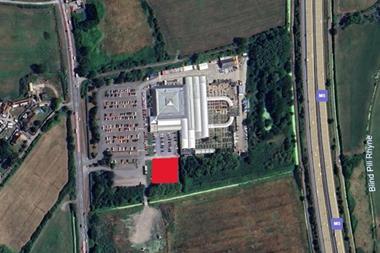


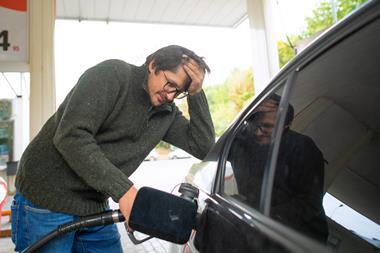
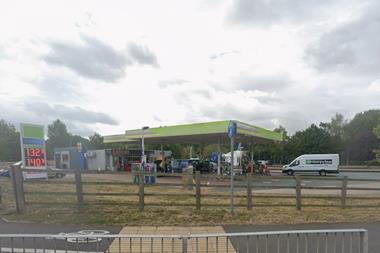
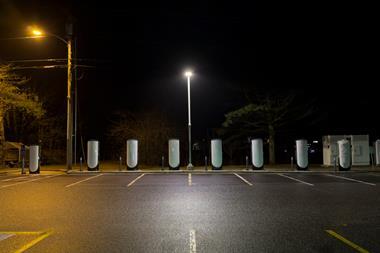
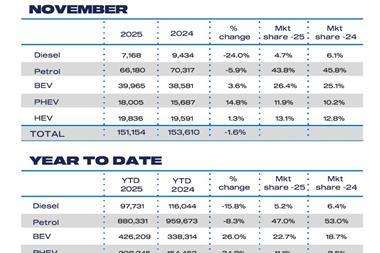
No comments yet